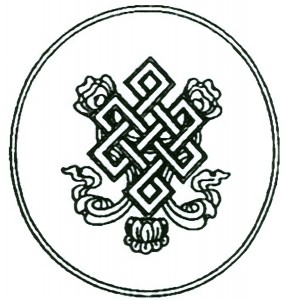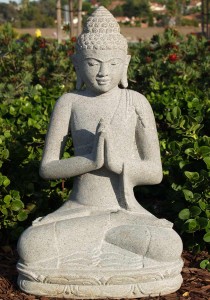“All that we are is the result of what we have thought.”
Buddha
Many Americans are at least minutely familiar with the concept of Karma. We all learn in grade school about the universal laws of cause and effect or more accurately termed, Newton’s Laws of Motion: to every action there is always an equal and opposite reaction. The concept of Karma is very similarly defined but relating to our awareness rather than simply physical matter. Karma is the broad universal concept of cause and effect or action and reaction, which governs all consciousness. This means that everything we do, think, say, or encourage others to do produces either positive or negative karma. The karma that we produce both effects this lifetime, and our lifetimes to come.
 When many people hear this they immediately think that this implies that our actions are not freely governed or that everything that happens to us is out of our control and already fated based on our past. But this is not the case. Karma should not be thought of as predestined fate, as we all act with free will creating our own destines. If we sow goodness in our lives we will reap goodness. We have the power to influence our Karmic piggy banks in a positive way with every kind gesture and thought. Although not all Karma is realized immediately or in this lifetime, it will come back to us in other lifetimes.
When many people hear this they immediately think that this implies that our actions are not freely governed or that everything that happens to us is out of our control and already fated based on our past. But this is not the case. Karma should not be thought of as predestined fate, as we all act with free will creating our own destines. If we sow goodness in our lives we will reap goodness. We have the power to influence our Karmic piggy banks in a positive way with every kind gesture and thought. Although not all Karma is realized immediately or in this lifetime, it will come back to us in other lifetimes.
Through positive actions, unadulterated thoughts, prayer, mantras, and meditation we can all reconcile the influence of karma in this present life and turn our destinies for the better. Its never a bad time to remember to be kind unto others, or as our mothers always taught treat others the way you want to be treated. I believe the world could benefit from a lot more kindness. The next time you see someone struggling with a bag of groceries, lend a helping hand. The goodness you bring to the world every day will shine back on you. You can shape your future as you wish it.

